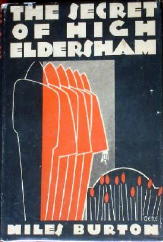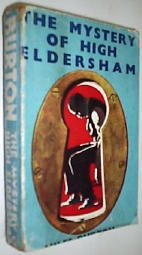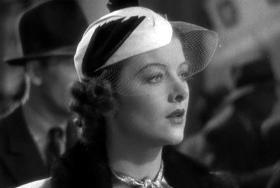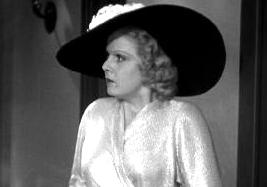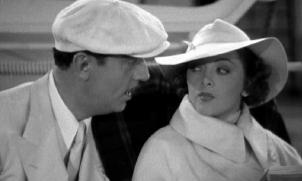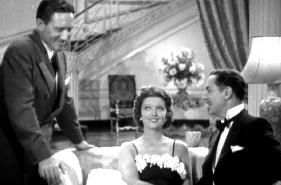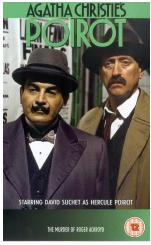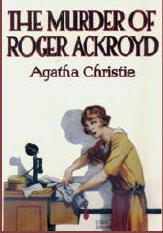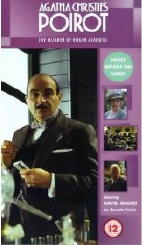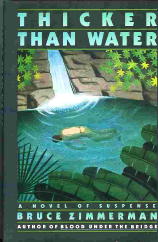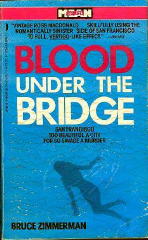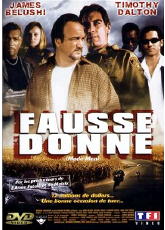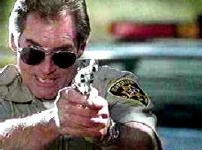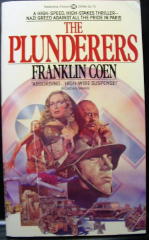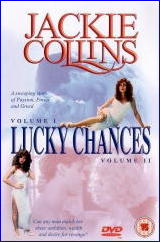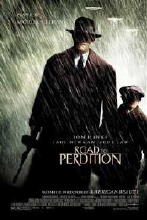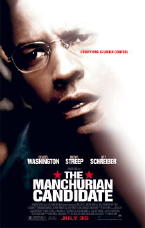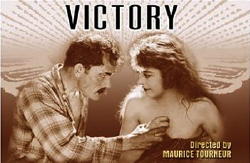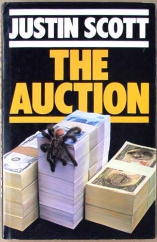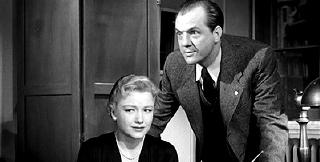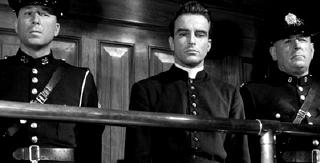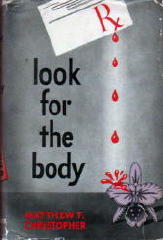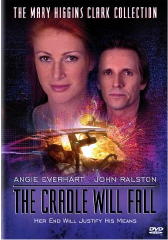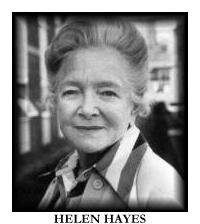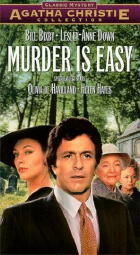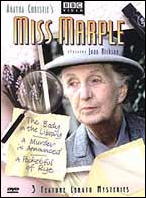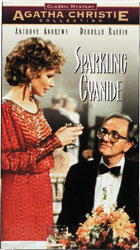Fri 19 Dec 2008
Addenda to CRIME FICTION IV – John Conway to L. A. B. Cooke.
Posted by Steve under Authors , Crime Fiction IV[2] Comments
More authors from the online Addenda for the Revised Crime Fiction IV, by Allen J. Hubin. What I had in mind was that the last grouping of such authors, also from the “C” section, was going to be the last I was going to be double-posting. But the extra exposure seems to help; the comments that were left were extremely useful.
So I’ve decided to continue posts like this one for a little while longer. Cutting down on the number of of authors will help. It’s quite a mixed batch this time around, as I think you’ll agree, about as different from each other as a group of five can get.
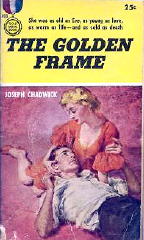
CHADWICK, JOSEPH L. Pseudonym: John Conway, q.v. Other pseudonyms: Joselyn Chadwick, Janet Conroy, Jo Anne Creighton, John Creighton and Elizabeth Grayson. Under his own name, the author of one crime novel included in the Revised Crime Fiction IV.
The Golden Frame. Gold Medal, pb, 1955. “She was as old as Eve, as young as love, as warm as life – and as cold as death.”
CONWAY, JOHN. Pseudonym of Joseph L. Chadwick, q.v. Under this pen name, the author of six titles published by Monarch as paperback originals between 1959 and 1961, including the one below. Besides one book in the Revised Crime Fiction IV under his own name, other titles appear under five additional pseudonyms.
A Sin in Time. Monarch, US, pb, 1961. Add setting: Pennsylvania. “She lived hard and fast until her sins caught up with her.”
CONYERS, (MINNIE) DOROTHEA (née BLOOD-SMYTH). 1863-1949. Born in Limerick, Ireland; married Lt. Conyers, who was killed in 1915, then married Captain White. Author of more than forty sporting novels and collections. Of these, seven of a criminous nature are included in the Revised Crime Fiction IV. Add the following:
Kicking Foxes. Hutchinson, UK, hc, 1947. Setting: England. A novel of the “changing fortunes of a lady in the Leicestershire hunting set.”
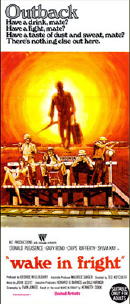
COOK, KENNETH.
Wake in Fright. Joseph, UK, hc, 1961; St. Martin’s, US, hc, 1962. Setting: Australia. Film: NLT, 1970; also released as Outback (scw: Evan Jones; dir: Ted Kotcheff). [Add alternative title.] “The story of John Grant, a young school teacher, stranded in a brutal and menacing town in outback Australia.” [Reputed to be Australia’s great lost film.]
COOK, ROBIN.
Acceptable Risk. TV movie: TBS, 2001 (scw: Michael J. Murray; dir: William A. Graham)
Harmful Intent. TV movie: David Schneider, 1993 (scw: James Steven Sadwith; dir: John Patterson)
Mortal Fear. TV movie: ACI, 1994 (scw: Rob Gilber, Roger Young; dir: Larry Shaw)
Outbreak. TV movie: NBC, 1995, as Virus; also released as Formula for Death (scw: Roger Young; dir: Armand Mastroianna)
Terminal. TV movie: NBC, 1996 (scw: Nancy Isaak; dir: Larry Elikann)
COOKE, L(AWRENCE) A(LFRED) B. Add/correct his first two names in full. Brother of mystery writer Rupert Croft-Cooke; educated at Oxford; tutor in Switzerland for two years; antiquarian bookseller; later prep school teacher. Author of a single title listed in the Revised Crime Fiction IV.
War in the Gates. Geoffery Bles, UK, hc, 1937. Setting: England. [Could the fascist movement in England have tried to impose a dictator on the UK Government?]
